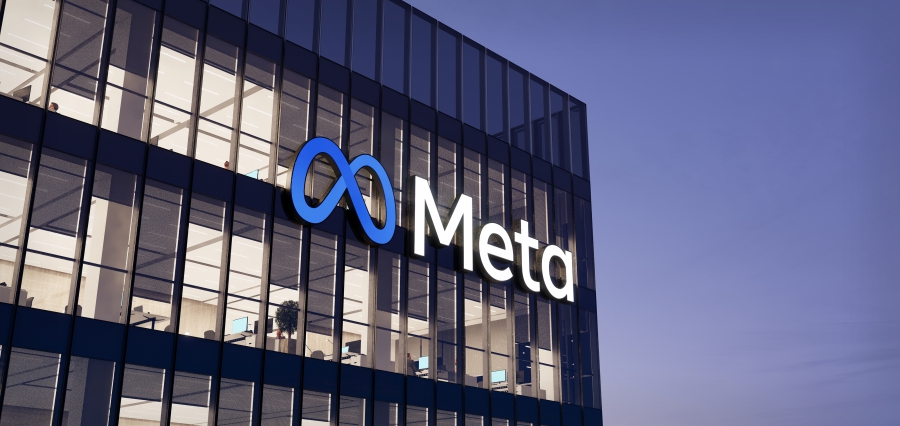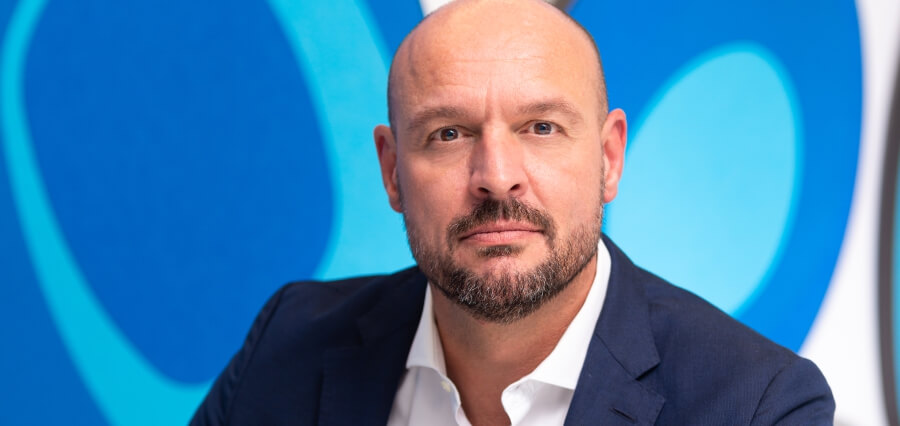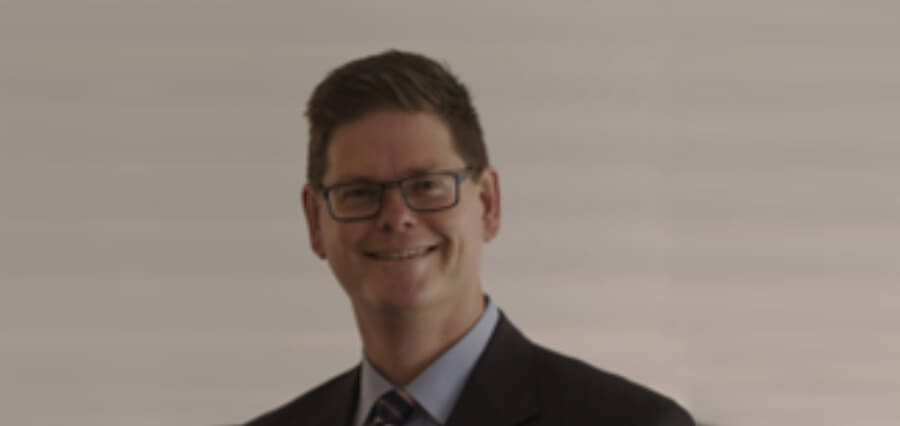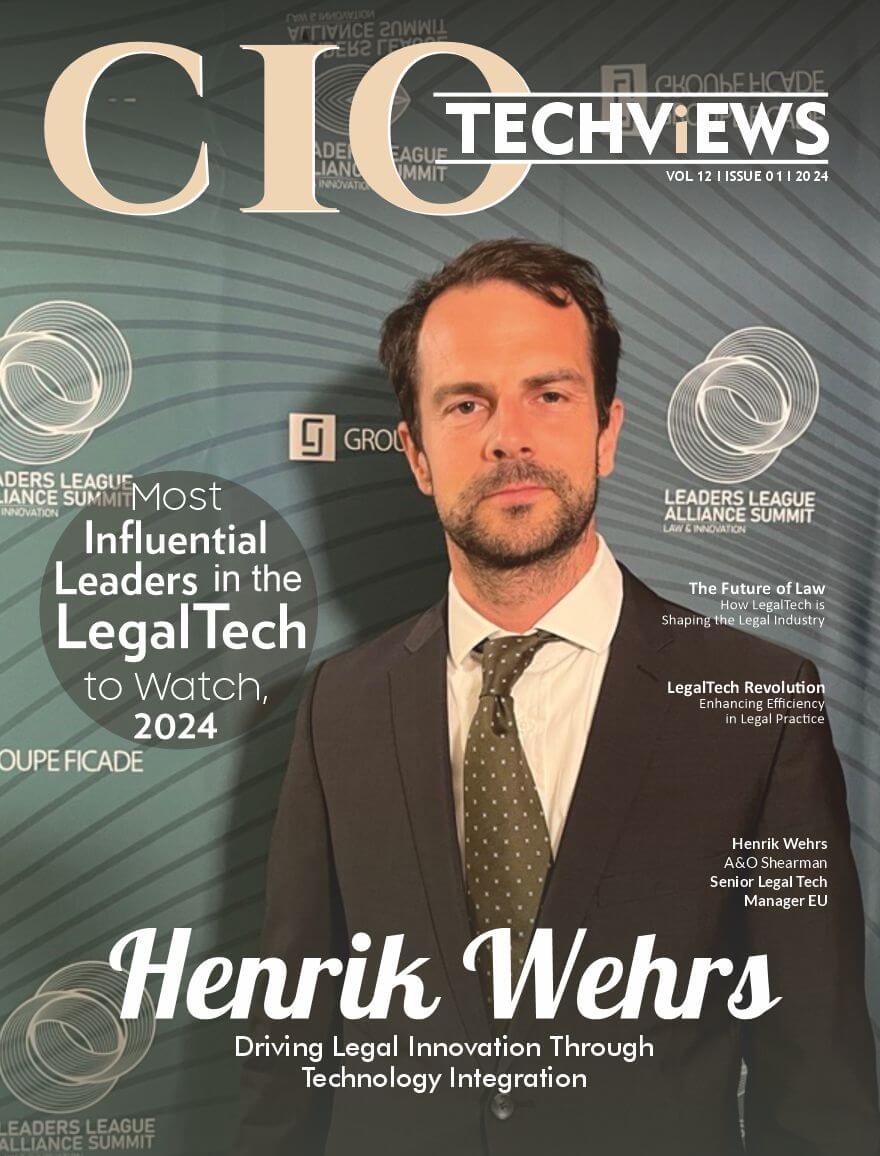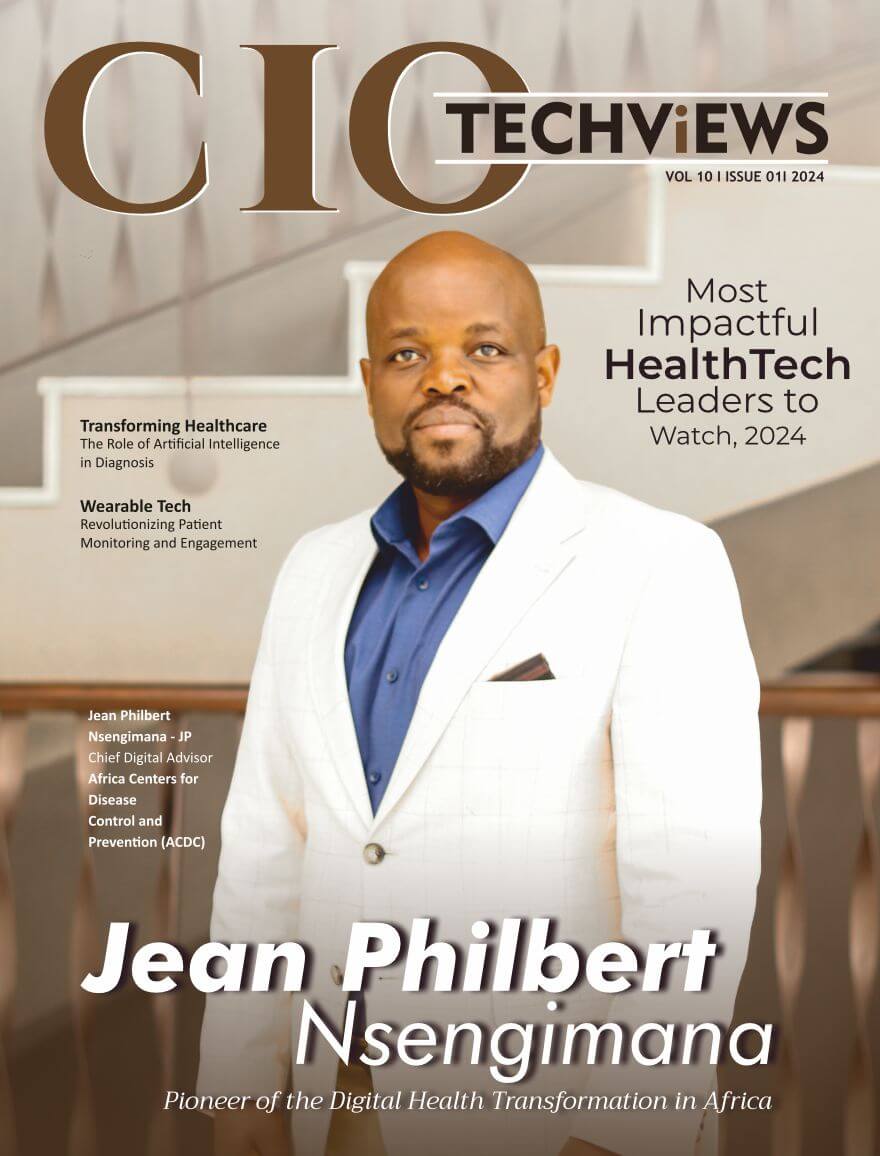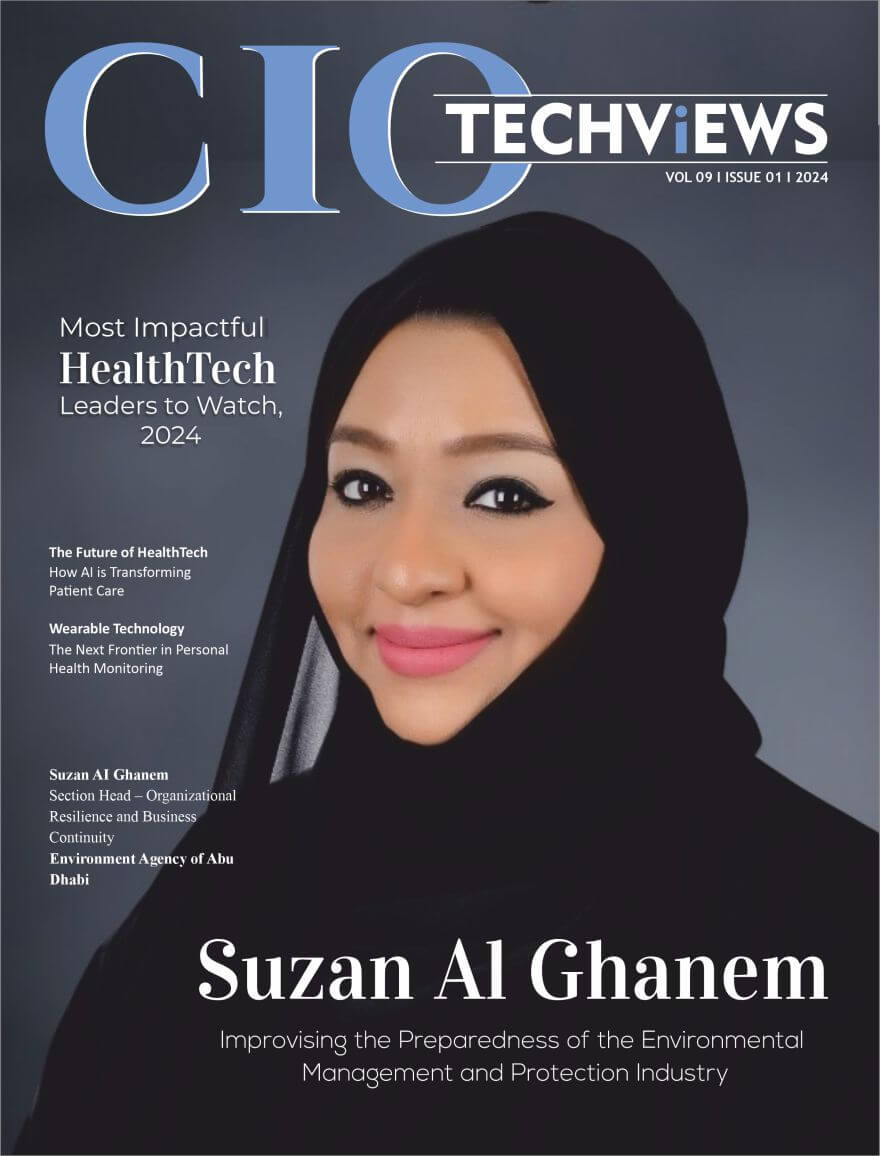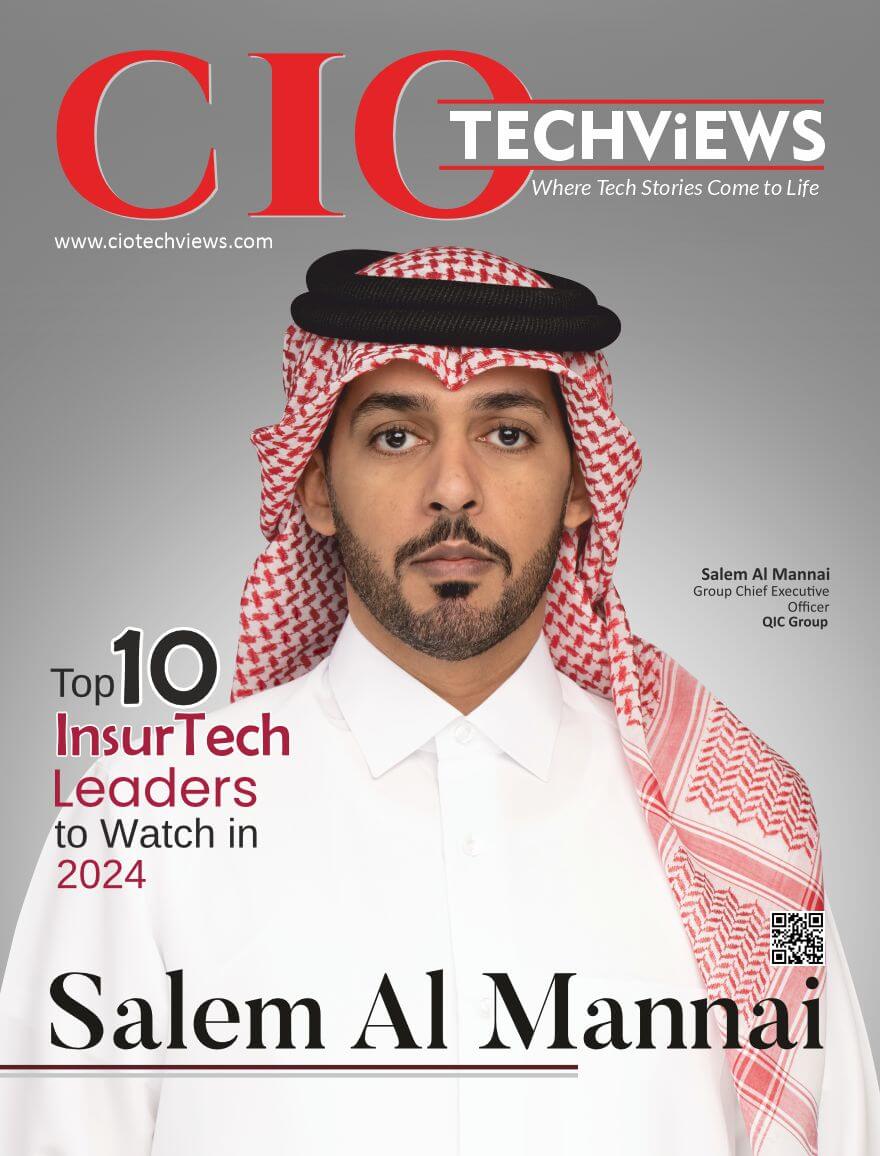Shaping the Future of Legal Tech and Client Solutions!
The legal tech industry plays a fundamental role in transforming legal services, mainly through integrating technology and artificial intelligence. With technology constantly advancing, law firms increasingly adopt and more and more develop innovative solutions to streamline operations, enhance client service, and stay competitive in a rapidly shifting environment. Legal professionals are now blending traditional legal practices with tech-driven processes to meet the demands of clients who expect efficiency and value.
Henrik Wehrs, the Senior Legal Tech Manager for the EU, brings a wealth of experience in both law and technology. His background includes co-founding a legal tech startup and working in IT consulting, and he is passionate about the intersection of legal services and technology. He believes in understanding the differences between lawyers and technologists, which he considers a crucial aspect of his professional journey. In addition to his role in legal tech, Henrik is also involved in teaching legal technology at two universities, sharing his insights with the next generation of professionals.
A&O Shearman, a leading global law firm, is at the forefront of integrating legal technology into its services. The firm has established itself as a critical player in leveraging AI and other innovations to improve legal processes, enhance client outcomes, and drive change within the industry. Through initiatives such as its innovation hub, Fuse, A&O Shearman continues to explore new frontiers in legal tech and strengthen its leadership in this space.
Let’s delve in to learn more:
Legal Tech Expertise and Innovation
Henrik is the Senior Legal Tech Manager for the EU at A&O Shearman. Before joining the firm, he co-founded and served as the Chief Technology Officer of a legal tech startup called Streamlaw, which was part of Baker McKenzie’s German innovation hub. Before this role, Henrik worked in technology and IT consulting. He holds law and business administration degrees and teaches legal technology at two universities. Henrik believes deeply understanding the similarities and differences between lawyers and technologists is essential, considering it a key milestone in his professional journey.
Driving Technology Integration and Client Value in Legal Services
Henrik’s responsibilities include clarifying technology and artificial intelligence use, developing a thorough understanding of the technological environment, and determining whether to implement standard tools or customize processes. A key objective is to add value to client’s needs and expectations by using technology to deliver tangible benefits rather than for its own sake. This can occasionally result in the use of basic technology, such as simple rule-based automation. Henrik maintains strong connections with lawyers, clients, global functions such as Fuse, and third parties, including software vendors, Alternative Legal Service Providers, universities, and organizations like the European Legal Tech Association (ELTA), Legal Hackers, and the Liquid Legal Institute.
Building a Diverse Team and Supporting Professional Growth
Henrik leads a diverse young team of technologists, lawyers, and data analysts. The team values freedom and respect for different working patterns and approaches. When working on a matter or project, Henrik seeks to provide direct contact with partners and clients whenever possible. At the same time, he works to remove administrative obstacles and support further development, which may include secondments, part-time study programs, or advising on individual side projects.
Continuous Learning Through Technology and Collaboration
Henrik believes that utilizing resources like YouTube University is essential for professionals in the technology sector. He also regularly engages with Bucerius Law School’s Legal Tech Essentials program. However, his most significant learning comes from interactions with young colleagues and university students. Unlike practicing law, experience alone does not cover all aspects of technology.
Balancing Personal Life, Learning, and Well-being
Henrik minimizes travel, ensures adequate sleep, and cycles to the office daily. He has three children with his wife, who express their demands clearly and occasionally require his immediate attention. Henrik reads extensively, continues to use X (formerly Twitter), practices through YouTube tutorials, and listens to tech vendors and founders whenever possible.
Recognizing AI’s Limitations and Prioritizing Progress
Henrik believes the peak has not yet been reached and acknowledges some disappointment as AI sometimes fails to meet its over-promises. He emphasizes the importance of continuing progress, even when it is challenging. Sometimes, lower quality may be accepted in a commodity business, and data exchange may be preferred over verbal disputes.
Contributing to Legal Tech and Advancing Access to Justice
As a member of the European Legal Tech Association (ELTA), Henrik stays informed about the legal community and contributes his insights when relevant. His focus is on legal technology and operations within commercial law. Many enthusiasts in the field aim to improve the justice system and access to justice. While Henrik does not concentrate on renewing legal education as such, he contributes through his university lectures. His firm supports the legal community significantly through its innovation hub, Fuse, and its leadership in AI usage.
Balancing Law and Technology for Legal Tech Success
Henrik advises young professionals aspiring to enter the legal tech field to focus on law and technology. He highlights that even in 2024, managing data in an Excel spreadsheet remains valuable.
“Henrik believes it is important to maintain a sense of humor when reflecting on current views regarding future changes in law and technology. He suggests that the goal should be to make ourselves unnecessary eventually.”


